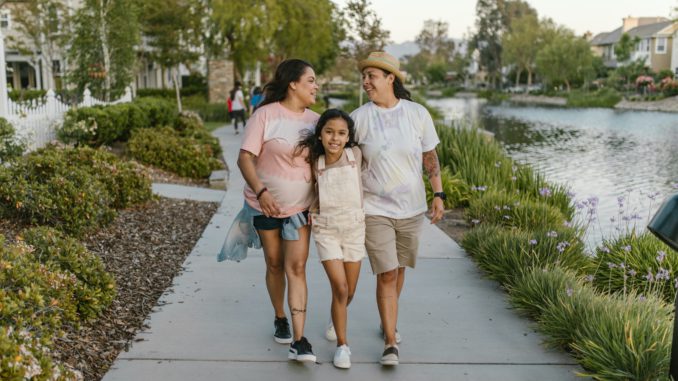
Family-building options have expanded to be more inclusive and diverse in the modern world; for LGBTQ+ couples desiring to become parents, In Vitro Fertilisation (IVF) has emerged as a groundbreaking solution. In this article, we explore IVF as an option for same-sex parents and touch on considerations for those looking to plan the gender of their child, including how to have a baby girl.
IVF: A Path to Parenthood for All
IVF is a reproductive technology that has revolutionised family building for couples facing fertility challenges or those who want to plan their families strategically. For LGBTQ+ couples, IVF offers a unique opportunity to have biological children, either through using one partner’s eggs and the other partner’s sperm or donor gametes. Here’s how IVF can be a pathway to parenthood for same-sex couples:
- Egg Donation: In cases where both partners are female, IVF allows one partner to provide her eggs, which are then fertilised with donor sperm. This approach enables one partner to have a biological connection to the child.
- Surrogacy: For male same-sex couples, surrogacy combined with IVF is a standard option. One partner’s sperm fertilises a donor egg, and the resulting embryo is implanted into a surrogate mother who carries the pregnancy to term.
- Donor Sperm or Egg: IVF also accommodates couples who use donor sperm or eggs, ensuring that one or both partners have a genetic connection to their child.
IVF and Gender Selection: How to Have a Baby Girl
For some LGBTQ+ couples, the desire to have a specific gender for their child is an important consideration. While gender selection is a complex and ethically debated topic, there are methods to increase the chances of having a baby girl through IVF:
- PGD/PGS Screening: Preimplantation Genetic Diagnosis (PGD) and Preimplantation Genetic Screening (PGS) are techniques used during IVF to examine embryos for genetic abnormalities. While these tests are not designed for gender selection, they can identify origins with gender-specific genetic characteristics. Couples may implant embryos of the desired gender based on the screening results.
- Sperm Sorting: Sperm sorting techniques, such as MicroSort, claim to separate sperm with X and Y chromosomes, increasing the likelihood of conceiving a child of the desired gender. However, the effectiveness of these methods varies, and they are only sometimes reliable.
- Family Balancing: Some IVF clinics offer “family balancing” programs that allow couples to select the gender of their child for non-medical reasons. These programs may include gender selection as part of the IVF process.

Choosing IVF for Same-Sex Parenting
IVF offers same-sex couples the opportunity to experience the joys of biological parenthood. However, it’s essential to consider various factors when embarking on this journey:
- Finding the Right Fertility Clinic: Choose a reputable fertility clinic specialising in LGBTQ+ family-building and has experience with IVF for same sex parents.
- Legal Considerations: Consult with an attorney specialising in LGBTQ+ family law to ensure that your parental rights are protected and that you understand the legal implications of using donor gametes or surrogacy.
- Emotional Support: IVF can be emotionally challenging, with ups and downs. Seek emotional support from therapists, support groups, or counselling services that understand the unique experiences of LGBTQ+ parents.
- Financial Planning: IVF can be costly, so it’s essential to budget and plan for the expenses involved. Investigate your alternatives for financial support and insurance coverage.
- Open Communication: Maintain open and honest communication with your partner throughout the process. Discuss your expectations, concerns, and preferences openly to ensure a unified approach to parenthood.
The Importance of LGBTQ+ Inclusive Care
As the LGBTQ+ community increasingly chooses IVF to build their families, healthcare providers and fertility clinics must offer inclusive care. This includes providing LGBTQ+-friendly and sensitive healthcare, respecting diverse family structures, and offering support and guidance tailored to the unique needs of LGBTQ+ couples.
IVF has transformed family building for LGBTQ+ couples, providing a range of options to help them achieve their dreams of parenthood. Whether having a biological connection to their child or planning for a specific gender, IVF has made these aspirations more attainable. As society continues to embrace diversity and inclusivity in family-building, IVF remains a powerful tool for LGBTQ+ parents looking to start or expand their families, ushering in a new era of modern family building.
